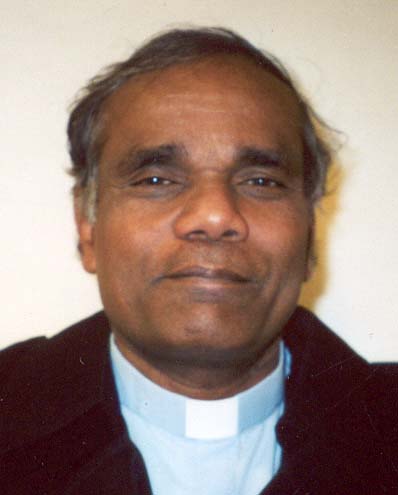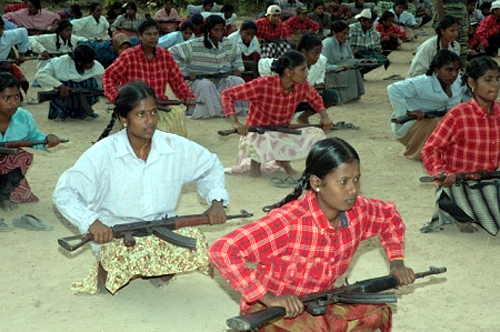The death of Fr. Karunaratnam
& The tragedy of Tamil Civilians
Secretariat for Coordinating
the Peace Process (SCOPP)
22nd April 2008

Father M X Karunaratnam
The Peace Secretariat regrets the death of Father M X Karunaratnam,
in a roadside bomb attack on the road between Mankulam and Mallavi.
The LTTE has blamed what they term a government Deep Penetration Unit
for the attack, while the military claims it was the LTTE. Father Karunaratnam
was head of what is termed the NorthEast Secretariat on Human Rights,
and had been deeply critical of the LTTE as well as of the government,
in view of the forced conscription that has been reported by so many
agencies operating in the North of the country now.
This is the tenth episode in which civilians have died at the hands
of unknown agents after hostilities resumed following the LTTE attacks
on Muttur and Muhumalai in August 2006. The first of these, on October
10th 2006, related to a van that exploded after it was released by court,
while the next four claimed five lives due to what seem to have been
untargeted shrapnel or shelling.
The next five relate to claymores, all of which exploded in territory
currently held by the LTTE. One of them, in which a dozen persons died,
on January 29th 2008, took place in Mannar, fairly close to the forward
lines of the Sri Lankan army. The other four took place deep in LTTE
controlled territory, so, if the armed forces were responsible, they
would have had to penetrate about twenty miles on each occasion.

Tiger Terrorist Suicide Training Camp for School
Children in Tiger held territory in Northern Sri Lanka
It would be difficult to do this unless some ground support were available.
If the LTTE really believes then that these explosions, three of which
claimed one or two lives each while the other claimed thirteen, were
the responsibility of the armed forces, they must assume at least some
degree of local involvement. This may seem unlikely, given the stranglehold
the LTTE has on the local population, but perhaps in the context of
increasing suffering through this, there has been a substantial change
in attitudes.
The belief that such a sea change had occurred governed the report
of the Jaffna University Teachers for Human Rights, which attributed
the destruction of a van at Iyankerny on 27th November 2007, causing
13 civilian deaths, to local people disgusted with the LTTE.
Though it claimed that the bomb itself may have been supplied by the
armed forces, it was almost categorical in claiming that the explosion
was not attributable to any DPU. That revelation suggested for the first
time the deep hatred felt amongst some people in the Vanni for their
taskmasters, though it is possible that the targeting of civilians including
children was not deliberate, but the result of an essentially amateur
approach.
Whatever the cause of these deaths, they should not be repeated. Other
Tamil militant groups, having realized the suffering intransigence causes,
have abandoned the military option and entered the democratic process.
Tamils in the North can see how things have changed in the East, and
seem more interested in a political settlement than seemed possible
under any previous government. If the LTTE really believes that the
government has penetrated so deep into its territory, it must realize
that continuing militarization, more conscription, more disruption of
health and education, more reliance on a world that is tired of terror,
will get it nowhere. The extraordinarily good record of the Air Force,
with allegations of civilian deaths in just half a dozen cases out of
one hundred and seventy carefully targeted aerial attacks, is a tribute
to the precision of the personnel involved and also the information
they have received. That information has not come out of the blue.
It is not likely that their awareness of the feeling against them will
make the LTTE rethink. But they should be aware that, as UTHR pointed
out, the people are not only tiring of continuous suffering, they are
taking steps to find relief. Attempts to persuade the international
community, as the LTTE terms their few interlocutors in the world at
large, to bail them out will not succeed when there is ample evidence
that the Tamils at large have begun to understand the need for democratic
pluralism. Resistance to totalitarianism may be limited to begin with,
but with elections and other opportunities presenting themselves, the
civilians in the Wanni may soon make themselves free. In that case the
efforts of Fr Karunaratnam to stop the scourge of child soldiers and
forced conscription would not have been in vain.
Prof Rajiva Wijesinha
Secretary-General
Secretariat for Coordinating the Peace Process
|

